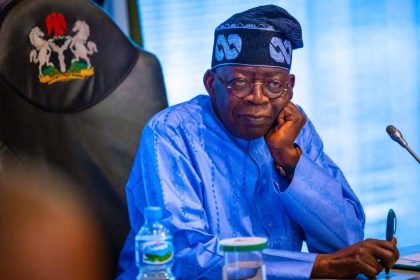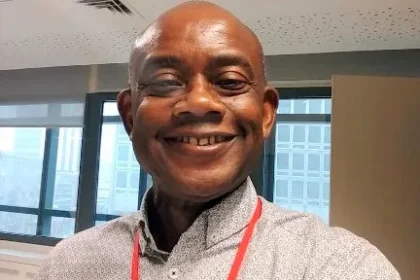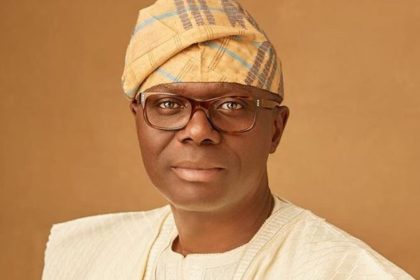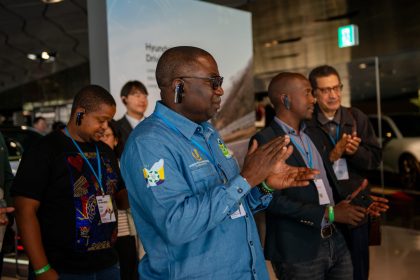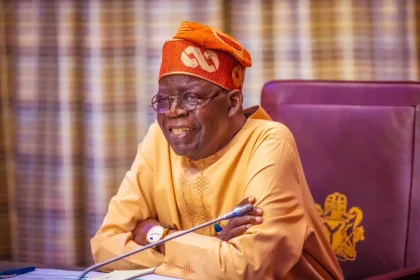Latest OPINION News
The making of a confidence vote in President Tinubu
The making of a confidence vote in President Tinubu
Mungo Park is 70!
Mungo Park is 70!
Atiku Abubakar keeps diminishing his own status
Bayo Onanuga Former Vice President Atiku Abubakar this evening tweeted the absurd:…
NNPC Ltd: An All-round Asset to Nigeria
NNPC Ltd: An All-round Asset to Nigeria
LG autonomy: Supreme Court ruling and the vindication of Sanwo-Olu’s Lagos
LG autonomy: Supreme Court ruling and the vindication of Sanwo-Olu's Lagos
President Tinubu: A year of healing and unifying Nigeria
By Fredrick Nwabufo The intangibles of leadership are as potent and…
Atiku Abubakar’s penchant for distorting facts
Former Vice President and Peoples Democratic Party Presidential Candidate in the 2023…
Africa and the imperative of South Korea’s development model
By Tunde Rahman To say the economy of the Republic of South…
Matters arising from new electricity tariff in Nigeria
By Tolu Ogunlesi Quite sad (but not surprising) that it's the 'freezer'…
Asiwaju is here! Let’s just do it!
Asiwaju is here! Let's just do it! By Debo Adesina The times…

